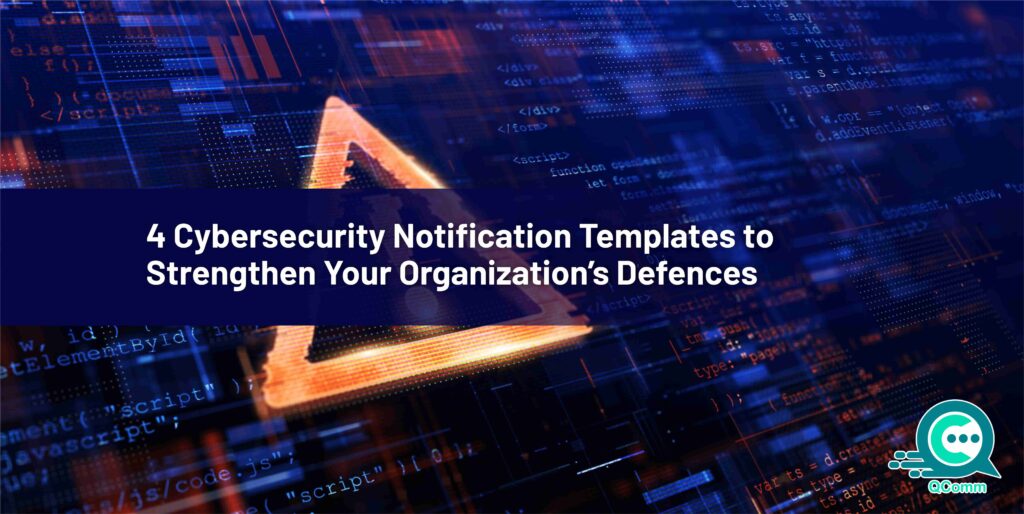
While robust security software and protocols are crucial for any organization, the human element remains the weakest link in the cybersecurity chain. According to experts, most cyberattacks succeed due to employee negligence, lack of awareness, or simple mistakes.
This brings up the question: how can we close the gap and get employees to take security awareness training seriously?
This article looks at the challenges of communicating cybersecurity within a company and offers simple ways to build a strong security culture in your organization.
Why Cybersecurity Messages Fail to Get Employees Attention
Let’s face it, cybersecurity isn’t usually at the top of an employee’s priority list. They’re focused on their core responsibilities and may view security briefings as secondary tasks.
Here are two key factors to consider:

Secondary Concern: For most employees, information security is an afterthought. Don’t expect a company-wide password reset after a phishing warning email. The message might not resonate strongly enough to compel immediate action.

Knowledge Gap: Technical jargon used by security professionals can be like a foreign language to employees in other departments. Phrases like spear phishing attacks might be clear to an cyber security, but completely incomprehensible to someone in sales or logistics.
These factors can lead security professionals to feel discouraged and resort solely to technical security solutions. However, this overlooks the crucial role employees play in safeguarding company data.
The Power of Collaboration: Cyber Security Meets Internal Communications
The good news is that your organization likely already possesses the resources needed to establish effective cybersecurity communication. The key lies in collaboration.
Here’s how to leverage existing expertise:
Identify the Right People: Your company likely has cyber security experts who understand cyber threats and mitigation strategies. Additionally, you might have a dedicated internal communications team within HR. These two departments hold the key to successful communication.
Bridging the Knowledge Gap: Internal communications specialists might not be cybersecurity experts initially. However, with some training, they can learn to translate technical concepts into clear, easy-to-understand messages for employees.
Consider offering training programs like Kaspersky Automated Security Awareness Platform, which can equip your communications team with the necessary cybersecurity knowledge.
Building Trust is Key: Security professionals often have a strong desire to maintain complete control. However, fostering effective communication requires trust. Infosec experts need to empower the communications team to craft impactful messages for employees.
Tailoring the Message: A Strategic Approach
The internal communications department, or HR if no dedicated team exists, understands the specific roles and responsibilities of each department within your organization. By outlining the general threat landscape clearly and concisely, communication specialists can develop a targeted communication strategy.
Here’s how to tailor your message:
Identify Departmental Risks: Assess which departments are most susceptible to specific cyber threats. This allows for targeted communication efforts, focusing on the most relevant risks for each team.
Develop an Information Security Guide for New Employees: An easy-to-read guide can provide a foundational understanding of cybersecurity best practices for new hires.
Building a Culture of Security: Practical Steps
Transforming cybersecurity awareness doesn’t happen overnight. Here are some practical steps to get you started:
Keep it Simple: Avoid technical jargon and focus on clear, concise communication.
Empower Your Employees: Encourage open communication about security concerns within teams. Empower employees to report suspicious emails or activities, preventing potential breaches.
Showcase Success: Highlight positive outcomes achieved through collaborative security efforts. Recognize employees who have helped prevent cyberattacks to boost morale and reinforce the importance of cybersecurity.

Interactive Training Programs: Interactive security awareness training sessions can be highly effective in raising awareness and equipping employees with practical knowledge. Consider utilizing the Kaspersky Automated Security Awareness Platform to deliver engaging and informative training modules.
By fostering collaboration between infosec professionals and internal communications specialists, organizations can create a culture of cybersecurity awareness. Implementing these strategies empowers employees to become active participants in safeguarding company data and minimizing cyber risks.


